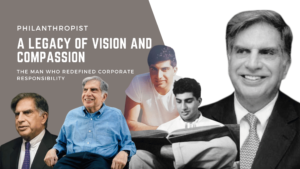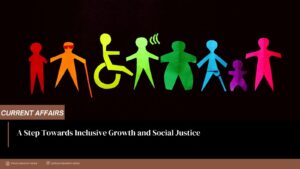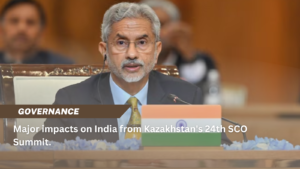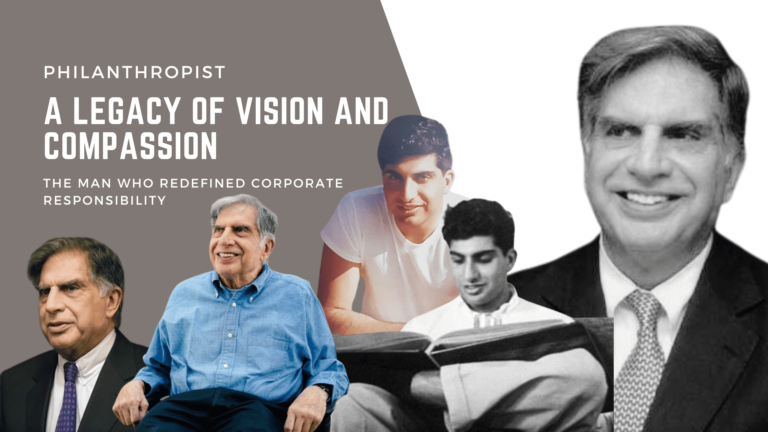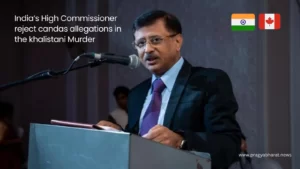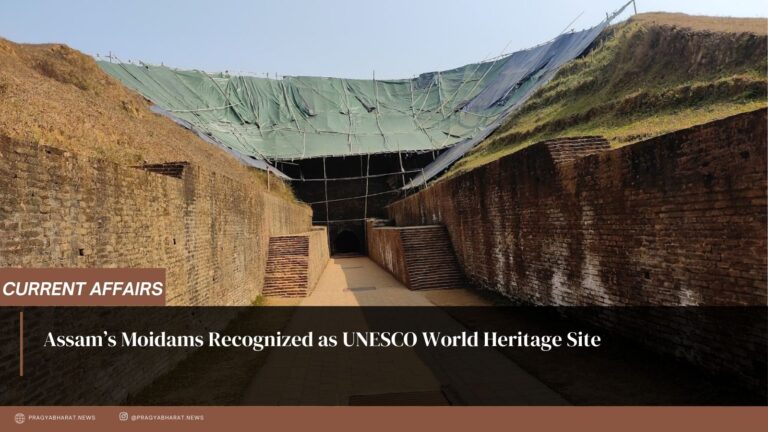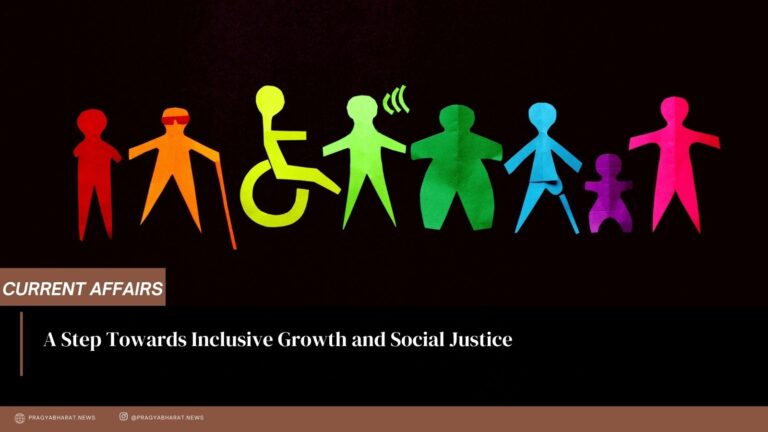In a groundbreaking Constitution Day speech, Chief Justice Chandrachud lays a roadmap for a more open, transparent, and citizen-centered legal system in India.
As India commemorated its 75th Constitution Day on November 26, Chief Justice of India, DY Chandrachud, delivered a powerful address, reaffirming the enduring importance of the Constitution and the judiciary’s commitment to accessible justice. Speaking at the Constitution Day celebrations at the Supreme Court, the Chief Justice emphasized the court’s open-door policy and encouraged citizens to view it as a fair and effective forum for addressing their grievances.
The Chief Justice began his speech by considering whether Constitution Day should be celebrated separately and raising concerns about its importance, given that India already celebrates Independence Day and Republic Day. He clarified that in contrast to other post-colonial countries, India’s Constitution Day represents the social life of an independent nation.
Chief Justice Chandrachud acknowledged the power of India’s constitutional framework, pointing out that it has successfully directed popular energies through institutionalized governmental structures, guiding the country toward the principles of liberty, equality, and fraternity. He emphasized how crucial it is to respect the Constitution’s functionality and existence as a representation of the social goals of a sovereign state.
Chief Justice Chandrachud discussed the Supreme Court’s function as a “people’s court” over the previous seven decades as India gets closer to marking 75 years since the Constitution was adopted. He was aware of the thousands of citizens fighting for justice on various issues, including workplace harassment, bonded labor, tribal land rights, personal liberty, and social evils like manual scavenging. Any citizen can contact the Chief Justice of India to initiate constitutional proceedings, a feature that makes the Indian legal system stand out. He also emphasized the Supreme Court’s accessibility.
Chief Justice Chandrachud described the court’s initiatives to improve openness, such as its live-streamed sessions and its dedication to administrative procedures focused on citizens’ needs. He talked about the court’s use of technology, establishing e-seva kendras in every court to guarantee greater public participation in the legal system. Introducing the Hindi version of the e-SCR platform, which aims to increase judgment accessibility, was one of the address’s major announcements.
The Chief Justice underlined the Supreme Court’s choice to use machine learning and artificial intelligence to translate rulings into regional languages. He revealed that the e-SCR platform has improved accessibility for attorneys and law students, with 36,068 English judgments available as of November 25, 2023.
Chief Justice Chandrachud unveiled the ‘FASTER’ application version 2.0 in response to President Droupadi Murmu’s concerns about prison overcrowding and unfair incarceration. This application facilitates the prompt transfer of court orders for release to high courts, district courts, and jail authorities through electronic means.
Chief Justice Chandrachud concluded by underlining the purpose of these efforts, which is to give the impression that the constitutional institution is functioning in its best interests. He emphasized the importance of Dr. BR Ambedkar’s statue at the Supreme Court, which stands for the freedom to approach the court, and he expressed the hope that all citizens would come to trust the legal system as an impartial and efficient means of upholding their rights, irrespective of their class, caste, or creed.
The Chief Justice said, “Sarvoch Nyayala ke darwaaze aapke liye hamesha khule rahe hain aur aage bhi khule rahenge” (This means that the Supreme Court’s doors will always be open to the public). His remarks serve as a powerful reminder of the continuous effort to create a more equitable and inclusive society in which every citizen can live up to the constitutional promise.

